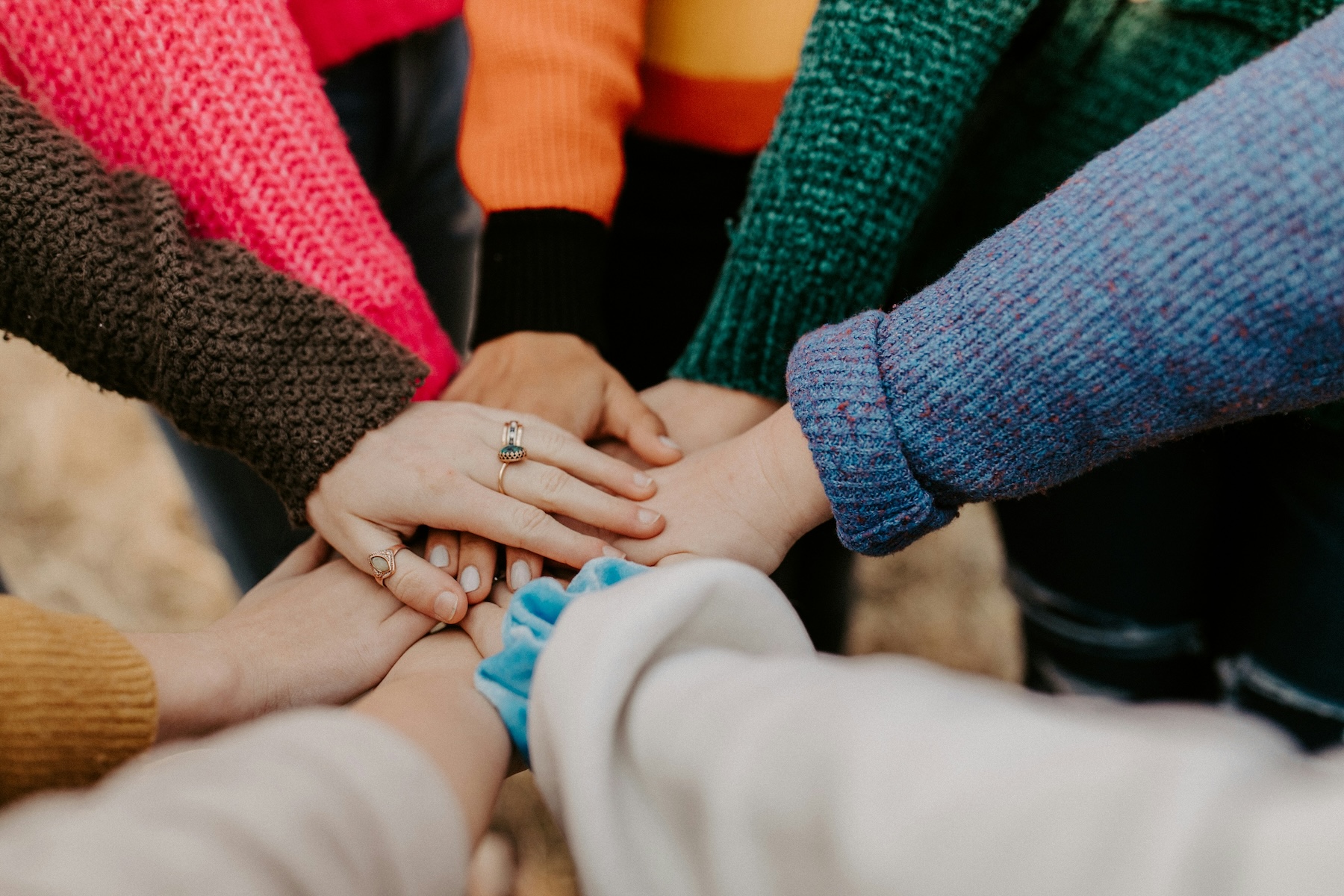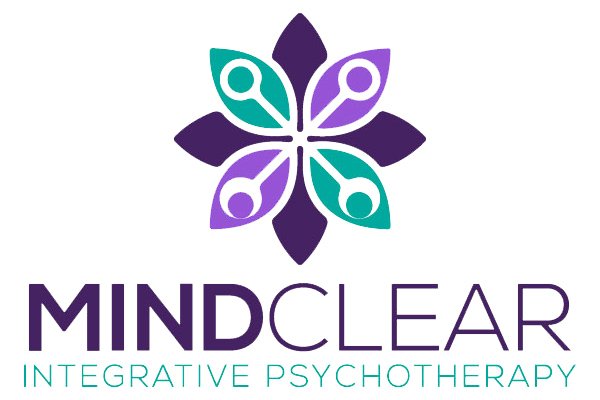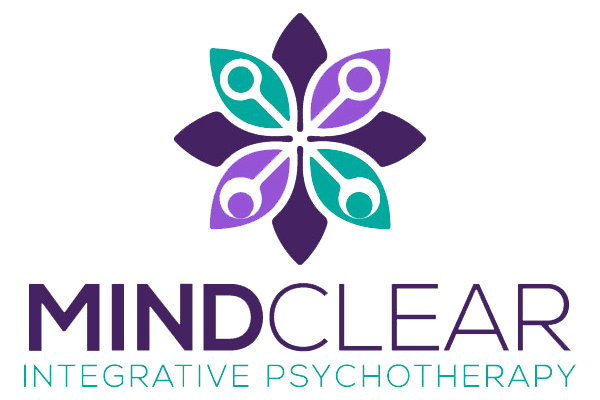Complex Trauma Support Groups NYC

Photo by Hannah Busing on Unsplash
Tuesdays 6p to 7:15p
Wednesdays 6p to 7:15p
Please email or call to be added to the waitlist!
Group therapy is a space where relationship dynamics and patterns can be directly observed and worked through, and where you can feel less alone in your experiences past and present. A complex trauma support group offers a safe and supportive environment to build skills, learn to trust and feel supported, and overcome some of the obstacles created by the past. It is not a space for processing trauma, but rather a shared environment to learn how to work through many of the consequences of said trauma, which can include: social anxiety, sleep issues, intimacy issues, trust issues, learning to maintain relationships, general anxiety, depression, and chronic fear.
The group process focuses on identifying and asserting/respecting boundaries, learning to trust, honing skills to cope with anxiety and trauma-related phenomena, tolerating vulnerability in self and other, finding support on shared issues, and building empathy and understanding for self and other. Through this, one tends to find that their overall self-confidence and esteem grows, a sense of safety can be developed, and feelings of isolation and disconnectedness dissipate.
The therapist plays less of a central role within a group than in individual therapy. They are there to facilitate shared focus and direction, encourage participants to speak honestly about their feelings and needs, and to identify patterns and issues as they arise. They are also there to ensure a safe environment for all members. The group members are there to support one another and provide feedback and observations. This allows for increased insight and communication skills among all.
No one will ever be forced to say or do anything that is too hard. Group therapy is not the place for explicit discussion or exposure to past trauma. At the same time, all participants will be challenged to step outside their comfort zone and learn new ways of relating.
Each participant will be required to first make an individual intake appointment with the lead therapist in order to determine fit and prepare each potential member for the group psychotherapy process
What do you do in a group?
The interpersonal process groups do not have any set agenda and are different for each group. In the beginning, each participant will be encouraged to bring up issues that brought them to therapy, in general, and/or any individual or interpersonal difficulties with which they may be struggling. The therapist will encourage group members to share present-day experiences, offer observations and feedback, ask questions, and share any thoughts or feelings that arise in reaction to others. The idea of an interpersonal group is to be able to look at the interactions between members in order to work on relational issues in the here-and-now. Of course, this takes time and establishing a core base of safety and trust among group members.
There are few expectations of members during session, except that each person respects everyone else. Providing observations, thoughts, and feedback can be difficult when it comes to sensitive topics, and so it is important to consider how to phrase things in such a way that is free from judgment, criticism, or blame. With honest reflection and feedback, members can connect in a novel way that rarely happens in day-to-day interactions. Eventually, this might start to actually feel natural and will influence relationships outside of therapy.
Although the group is a place to build meaningful and engaging connections, it is not a place to make friends, per se. While sometimes group members may decide to continue a friendly relationship once the formal group has ended, during the group process it is important to keep interactions only to the therapy time. This prevents alliances from forming that often lead to distrust or even feelings of marginalization of other members of the group. Additionally, without the pressure of friendship, risks can be taken to engage in a different way than one is used to, to be more assertive and vulnerable, and to speak about issues that are usually too difficult to do in social settings.
The Therapists’ Role
In the beginning, the therapist(s) will help facilitate communication, establish safety and trust, and teach interpersonal skills. As the group process unfolds, the therapist(s) takes less space in order to allow members to provide observations, support, and input. The facilitators’ role is largely to offer observations, maintain a healthy group atmosphere, and to enrich the group process. Except in rare circumstances, there will not be discussion of the group process with the therapist(s) outside of the group. This is the case even for members who may also be in individual therapy with the facilitator (s). Anything that needs to be discussed usually is important to the overall group therapy and so is best discussed in that space. Further, as with forming outside relationships among members, avoiding outside discussion of group prevents issues of favoritism, distrust, and confusion.
Length of Commitment
As mentioned above, group therapy works best when there is a sense of trust and safety developed. This takes time! As such, a sense of stability of who is in the group is expected. We do ask that you try to not miss more than 2 sessions in any given 6 month period. Otherwise, there is no time commitment.
Benefits to group members, like most therapy, grow and deepen over time and with the level of commitment and investment you choose to bring. Basically, you get out of it what you put in. Because group is so scary for most in the beginning, and due to the time it takes to develop that sense of safety, I ask that you commit a minimum of 6-8 sessions before making a decision that it’s not right for you. That should give you enough time to feel comfortable and decide if it is a good fit. This is of benefit to both you and other members, as it can be really hard to challenge one’s fears of vulnerability or rejection when there’s always the possibility that someone can just leave at anytime.
Attendance and payment
We are currently in-network with most forms of Aetna. If you are using your insurance, we will bill directly. You will be responsible for any co-payments, deductibles, and making sure that no other therapy sessions (individual, couples, psychiatry, etc.) occur on the same day as group as insurance will not pay for multiple sessions in a 24 hour period.
For out-of-network and private pay, the fee is $75. Sliding scale is available on a limited and conditional basis. Payment is due at the time of service. If you are using out-of-network benefits, we will provide you a reimbursement statement at the time of charge.
All potential group members are required to first meet with the therapist(s) individually for an intake session to ensure appropriate fit and to discuss the group process. The one-time fee for this session is between $175 – $250. If you are in-network, this will be billed directly to your insurance company.
Group works best when sessions are reliable, consistent, and somewhat predictable. Regular attendance is crucial in this regard. For this reason, we ask that no more than 2 missed sessions occur (obviously understanding that emergencies do exist). If you miss more than two sessions, we will discuss whether group is the appropriate treatment for you and perhaps if other options might be more conducive to your overall growth.
For all cancellations, there is a 24 hour advanced notice requirement. If you cancel without this notice, you will be charged a fee of $75. This is NOT reimbursable by your insurance.
Arriving on time is also an important aspect of creating a sense of stability and consistency. If you know that you will be late, please let me know as soon as possible. If lateness becomes a regular problem, we may need to consider whether group is the best option for you.
There will be times that group can feel challenging, scary, and frustrating. This is part of the process of change! These are usually the best opportunities to work through difficult patterns and find support in a new way. In deciding to participate in group therapy, you are taking on a unique journey that will challenge you to both receive and provide support and feedback in an empathic and healing manner. It is a powerful process that can help you work towards improved relationships and a greater sense of fulfillment in your personal life.
If you are interested in discussing further or if you have any questions fill out our form to contact us or give us a call at 212-547-9853.
We very much look forward to working with you!
Current groups:
Tuesdays 6p to 7:15p
Wednesdays 6p to 7:15p




